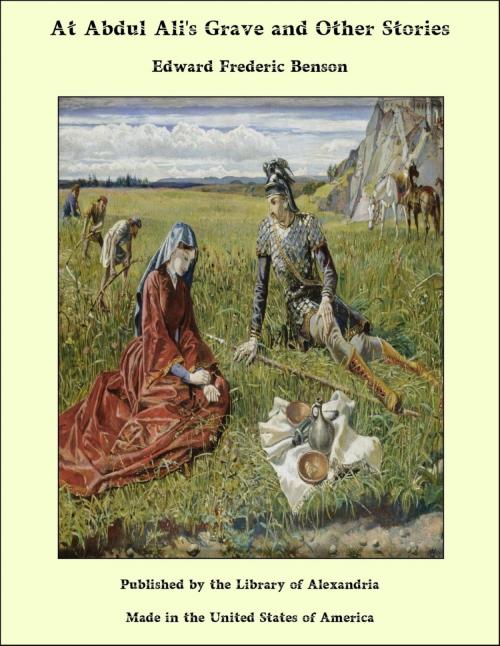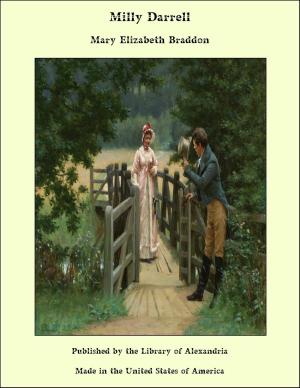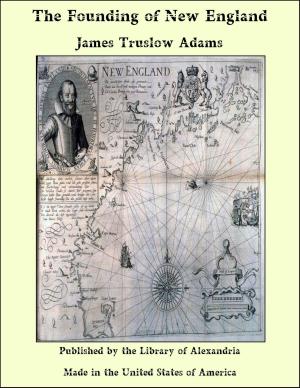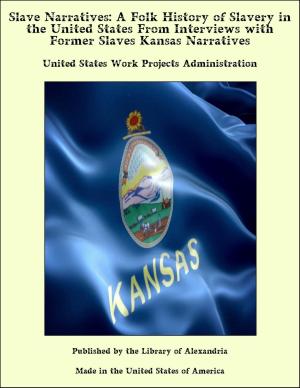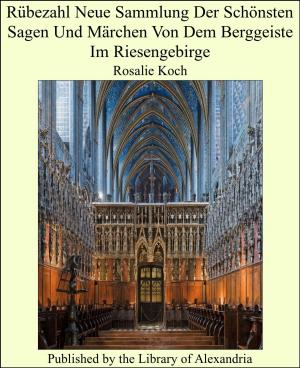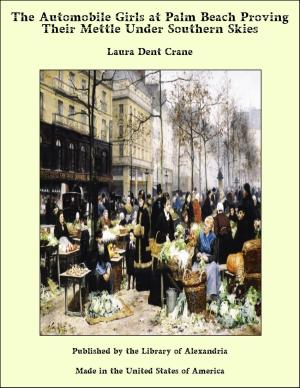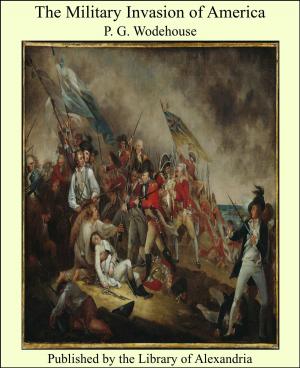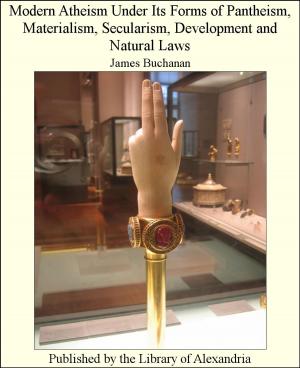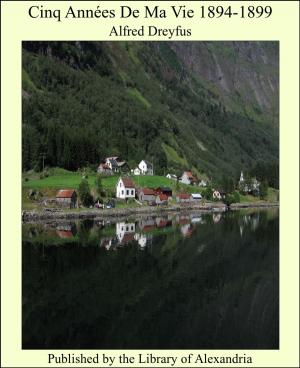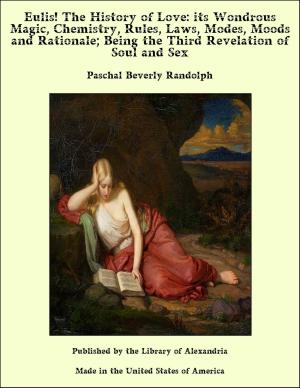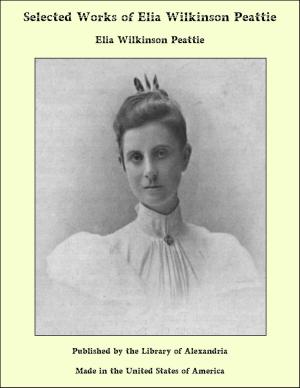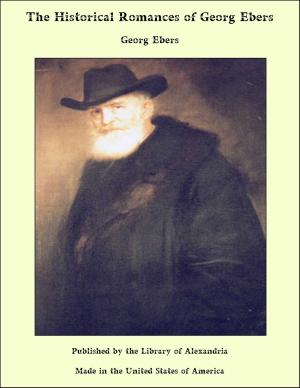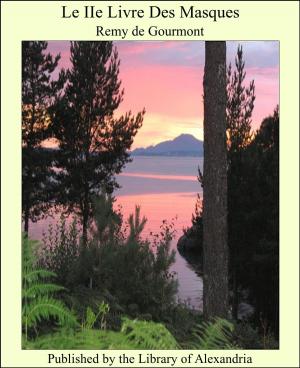At Abdul Ali's Grave and Other Stories
Nonfiction, Religion & Spirituality, New Age, History, Fiction & Literature| Author: | Edward Frederic Benson | ISBN: | 9781465619884 |
| Publisher: | Library of Alexandria | Publication: | March 8, 2015 |
| Imprint: | Language: | English |
| Author: | Edward Frederic Benson |
| ISBN: | 9781465619884 |
| Publisher: | Library of Alexandria |
| Publication: | March 8, 2015 |
| Imprint: | |
| Language: | English |
The beginning of the things which make this tale occurred four days ago, when Abdul Mi, the oldest man in the village, died suddenly, full of days and riches. Both, some thought, had probably been somewhat exaggerated, but his relations affirmed without variation that he had as many years as he had English pounds, and that each was a hundred. The apt roundness of these numbers was incontestable, the thing was too neat not to be true, and before he had been dead for twenty-four hours it was a matter of orthodoxy. But with regard to his relations, that which turned their bereavement, which must soon have occurred, into a source of blank dismay instead of pious resignation, was that not one of these English pounds, not even their less satisfactory equivalent in notes, which, out of the tourist season, are looked upon at Luxor as a not very.dependable variety of Philosopher’s stone, though certainly capable of producing gold under favourable circumstances, could be found. Abdul Au with his hundred years was dead, his century of sovereigns — they might as well have been an annuity — were dead with him, and his son Mohamed, who had previously enjoyed a sort of brevet rank in anticipation of the event, was considered to be throwing far more dust in the air than the genuine affection even of a chief mourner wholly justified. Abdul, it is to be feared, was not a man of stereotyped respectability; though full of years and riches, he enjoyed no great reputation for honour. He drank wine whenever he could get it, he ate food during the days of Ramadan, scornful of the fact, when his appetite desired it, he was supposed to have the evil eye, and in his last moments he was attended by the notorious Achmet, who is well known here to be practised in Black Magic, and has been suspected of the much meaner crime of robbing the bodies of those lately dead. For in Egypt, while to despoil the bodies of ancient kings and priests is a privilege for which advanced and learned societies vie with each other, to rob the corpses of your contemporaries is considered the deed of a dog. Mohamed, who soon exchanged the throwing of dust in the air for the more natural mode of expressing chagrin, which is to gnaw the nails, told us in confidence that he suspected Achmet of having ascertained the secret of where his father’s money was, but it appeared that Achmet had as blank a face as anybody when his patient, who was striving to make some communication to him, went out into the great silence, and the suspicion that he knew where the money was gave way, in the minds, of those who were competent to form an estimate of his character, to a but dubious regret that he had Just failed to learn that very important fact. So Abdul died and was buried, and we all went to the funeral feast, at which we ate more roast meat than one naturally cares about at five in the afternoon on a June day, in consequence of which Weston and I, not requiring dinner, stopped at home after our return from the ride into the desert, and talked to Mohamed, Abdul’s son, and Hussein, Abdul’s youngest grandson, a boy of about twenty, who is also our valet, cook and housemaid, and they together woefully narrated of the money that had been and was not, and told us scandalous tales about Achmet concerning his weakness for cemeteries. They drank coffee and smoked, for though Hussein was our servant, we had been that day the guests of his father, and shortly after they had gone, up came Machmout.
The beginning of the things which make this tale occurred four days ago, when Abdul Mi, the oldest man in the village, died suddenly, full of days and riches. Both, some thought, had probably been somewhat exaggerated, but his relations affirmed without variation that he had as many years as he had English pounds, and that each was a hundred. The apt roundness of these numbers was incontestable, the thing was too neat not to be true, and before he had been dead for twenty-four hours it was a matter of orthodoxy. But with regard to his relations, that which turned their bereavement, which must soon have occurred, into a source of blank dismay instead of pious resignation, was that not one of these English pounds, not even their less satisfactory equivalent in notes, which, out of the tourist season, are looked upon at Luxor as a not very.dependable variety of Philosopher’s stone, though certainly capable of producing gold under favourable circumstances, could be found. Abdul Au with his hundred years was dead, his century of sovereigns — they might as well have been an annuity — were dead with him, and his son Mohamed, who had previously enjoyed a sort of brevet rank in anticipation of the event, was considered to be throwing far more dust in the air than the genuine affection even of a chief mourner wholly justified. Abdul, it is to be feared, was not a man of stereotyped respectability; though full of years and riches, he enjoyed no great reputation for honour. He drank wine whenever he could get it, he ate food during the days of Ramadan, scornful of the fact, when his appetite desired it, he was supposed to have the evil eye, and in his last moments he was attended by the notorious Achmet, who is well known here to be practised in Black Magic, and has been suspected of the much meaner crime of robbing the bodies of those lately dead. For in Egypt, while to despoil the bodies of ancient kings and priests is a privilege for which advanced and learned societies vie with each other, to rob the corpses of your contemporaries is considered the deed of a dog. Mohamed, who soon exchanged the throwing of dust in the air for the more natural mode of expressing chagrin, which is to gnaw the nails, told us in confidence that he suspected Achmet of having ascertained the secret of where his father’s money was, but it appeared that Achmet had as blank a face as anybody when his patient, who was striving to make some communication to him, went out into the great silence, and the suspicion that he knew where the money was gave way, in the minds, of those who were competent to form an estimate of his character, to a but dubious regret that he had Just failed to learn that very important fact. So Abdul died and was buried, and we all went to the funeral feast, at which we ate more roast meat than one naturally cares about at five in the afternoon on a June day, in consequence of which Weston and I, not requiring dinner, stopped at home after our return from the ride into the desert, and talked to Mohamed, Abdul’s son, and Hussein, Abdul’s youngest grandson, a boy of about twenty, who is also our valet, cook and housemaid, and they together woefully narrated of the money that had been and was not, and told us scandalous tales about Achmet concerning his weakness for cemeteries. They drank coffee and smoked, for though Hussein was our servant, we had been that day the guests of his father, and shortly after they had gone, up came Machmout.
